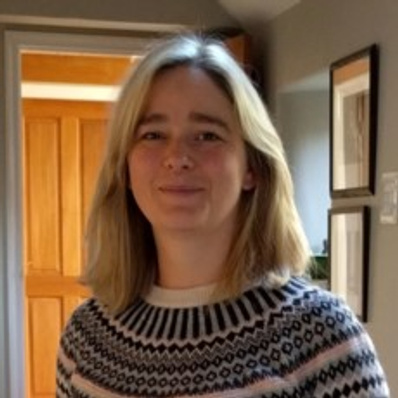The impetus to design an RMS scheme came from the experience of three members of the working group who themselves had searched out these mentorship relationships to forward career and technique goals. Scott Dillon was in conversation with Paul Verkade over his experience in core facility management, whereas Joëlle Goulding had searched out a contact in order to help her with fluorescence lifetime imaging (FLIM). Whilst a variety of mentorship schemes exist within home institutions and workplaces, the pool of mentors that specialise in microscopy, imaging and flow cytometry-based skills can be quite limited. In addition, the unique position of facility scientists and managers means that mentors able to provide guidance on career development and day-to-day running of a facility are often lacking entirely. As such the RMS is uniquely placed to facilitate a scheme for microscopists, by microscopists.
Two different tracks of the RMS Mentoring Scheme are offered - one to tackle soft skill development (personal mentoring) and the other for hard/technical skills (application coaching). Both are aimed at peer-to-peer support, importantly not replacing project supervisory roles nor the invaluable relationships we can foster with commercial partners. It is hoped that both mentees and mentors can benefit from the relationship, finding it rewarding and useful for career development.
Application Coaching track
Application coaching is aimed at providing technical advice and instruction on specific instrumentation and software. Setting up new instrumentation or new applications for instrumentation already in use can often be challenging and time-consuming. Often, we receive comprehensive training on a microscope from the supplier, however, the day-to-day use and specifics can differ dramatically depending on the research question being applied. By pairing up expert microscopists who are seeking and who are able to provide insight into these applications it is hoped that time can be used more effectively, data can be more reliably collected and new networks built.
Mentoring pairs will be matched on specific instrument or application expertise. The relationship can be quite short - a couple of communications in order to troubleshoot an application for instance - but equally, a longer-term collaboration may be established outside of the scheme. The coaching is not aimed at students learning an application for their direction of study, but rather, at scientists who already employ microscopy, imaging and flow cytometry in their work, and may need help with a particular application, instrumentation or software.
Personal Mentoring track
Personal mentoring targets soft skills and career development through regular discussion with a senior member of the microscopy, imaging and flow cytometry community. Often core facility scientists and academic microscopists work in small teams and may only have access to a very limited number of colleagues to learn from. Furthermore, opportunities for career development locally can sometimes be narrow and vary between institutions. While direct supervisory relationships are important, many individuals may benefit from guidance from colleagues with alternative skills and experience which apply to them specifically, or simply from those with an outside perspective. These mentoring relationships are therefore geared towards building the mentee’s professional networks and to providing guidance towards career development.
Mentoring pairs are matched depending on relevant skills and experience and based on areas the mentees have identified as important to their professional advancement. They are encouraged to meet once a month for a period of six months initially, and to set out tangible goals they would like to work towards. These relationships can be short to achieve a specific goal, or act as a foundation for a longer relationship outside the scheme.
Application Process
The next round of pairing will now happen in February 2026. Potential mentors and mentees should complete the form below before 31 January 2026. We will review applications and contact you in February 2026 with your proposed pairing match. Pairs will be supported by the RMS and the mentoring working group for a fixed period. We collect aims and outcomes using a short survey at three and six months in order to judge the success of the scheme and gather feedback for future implementation.
(Please note that selecting one option (mentor or mentee) will not exclude you from the other.)






